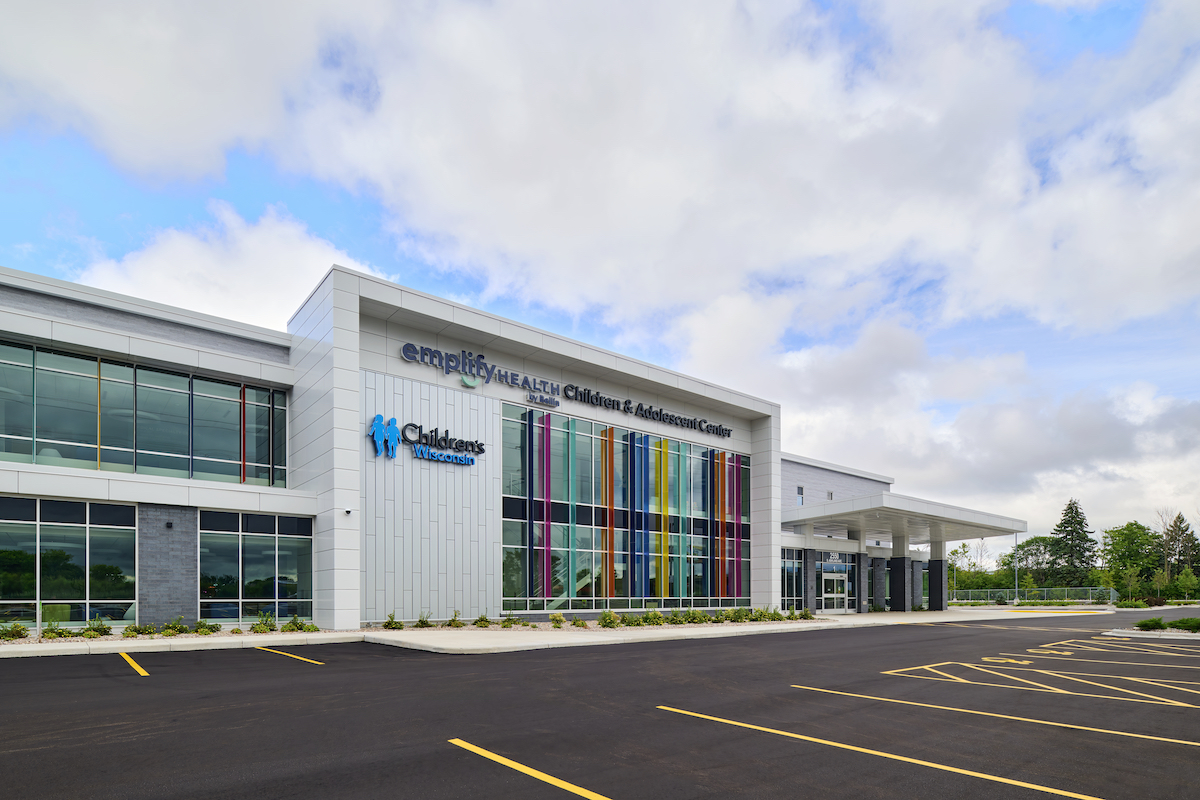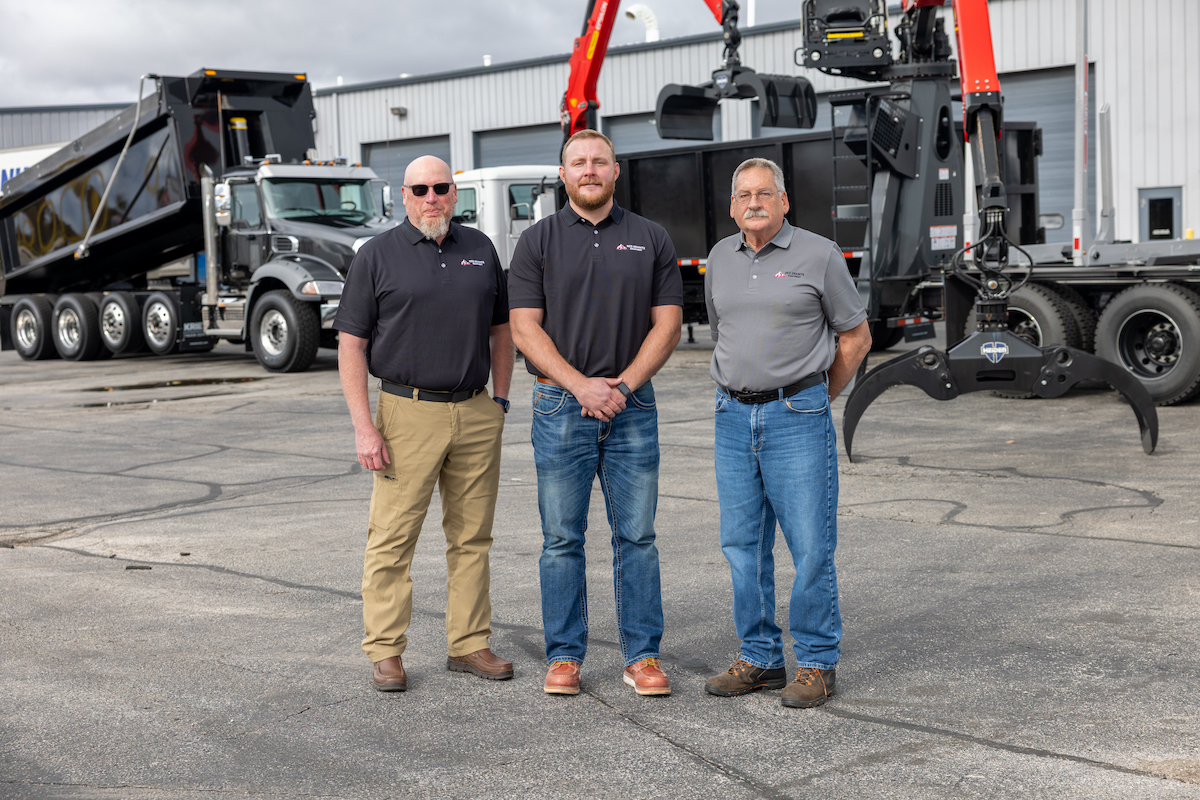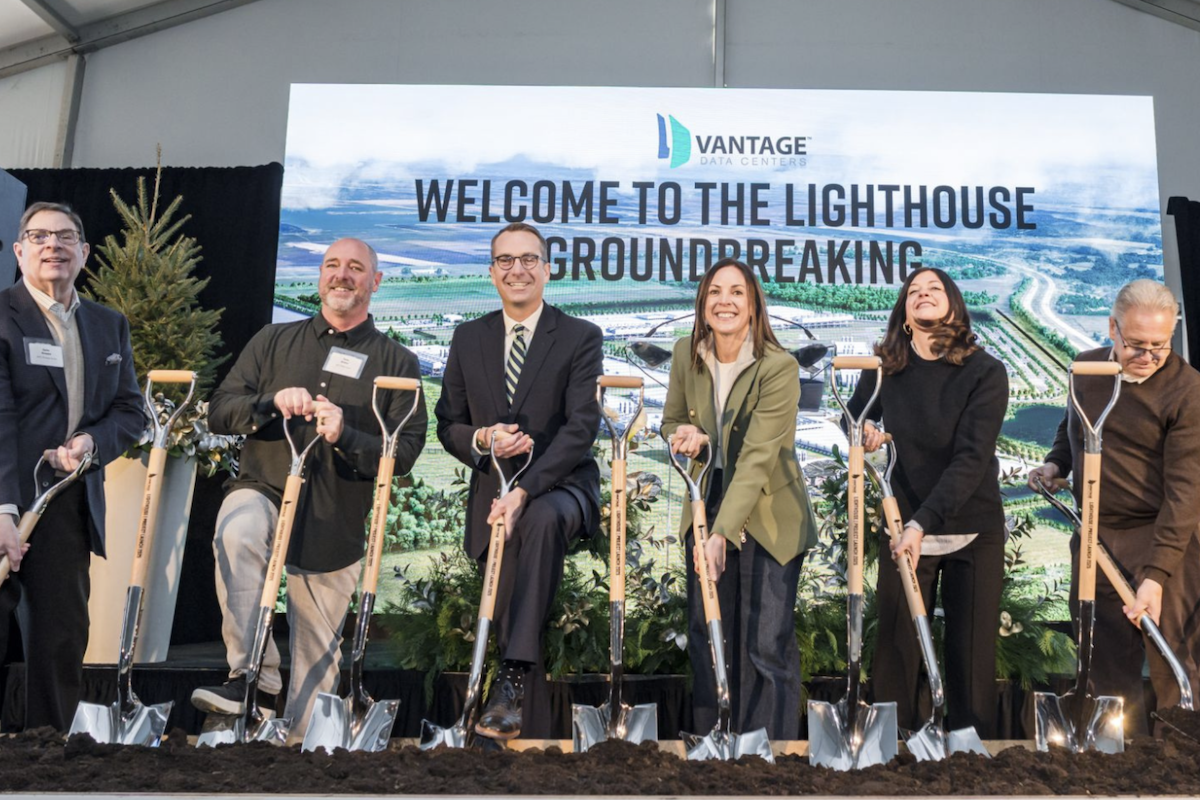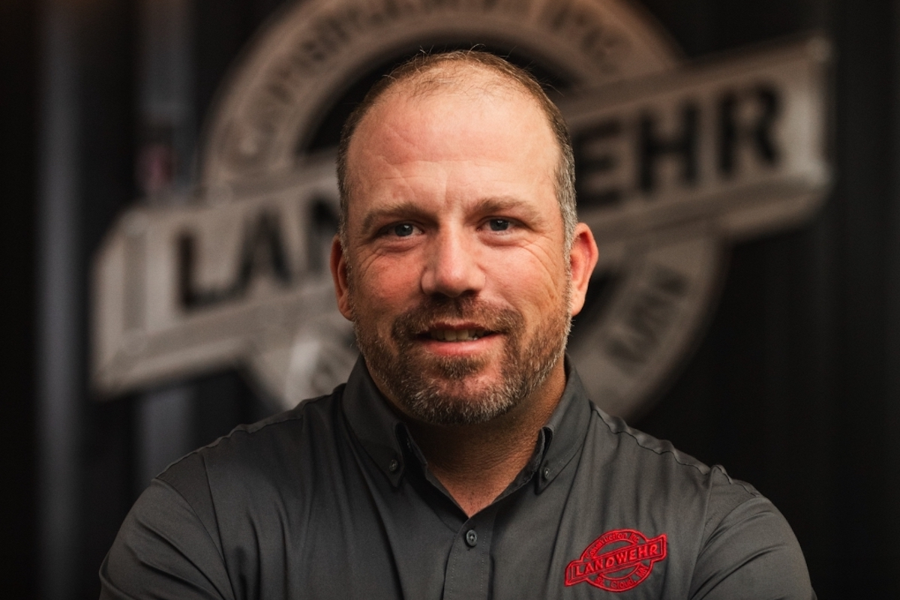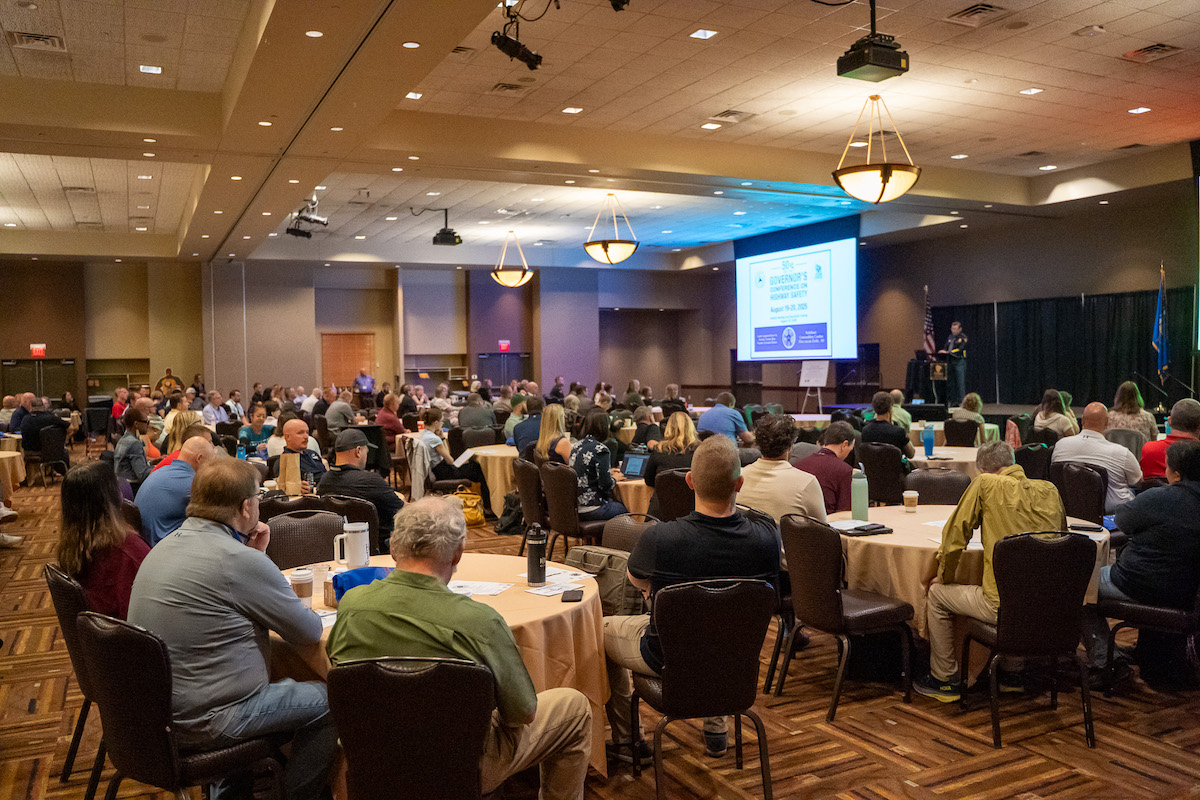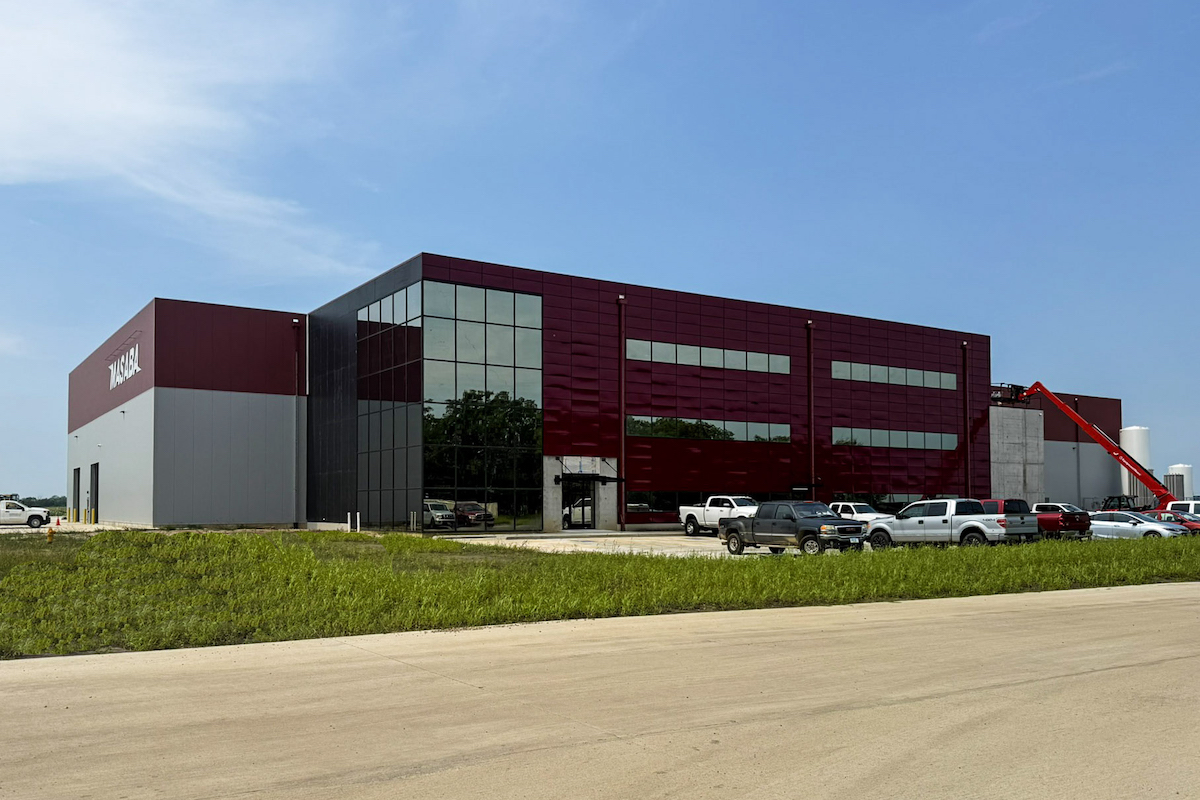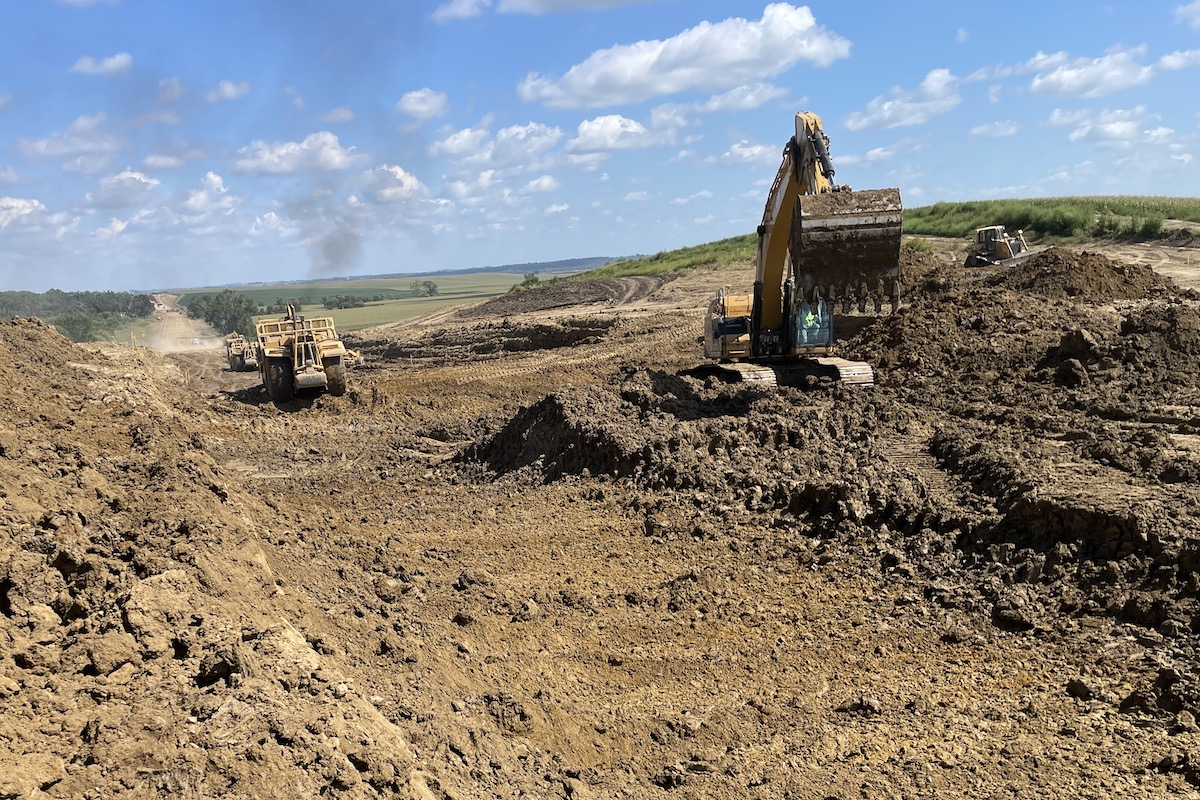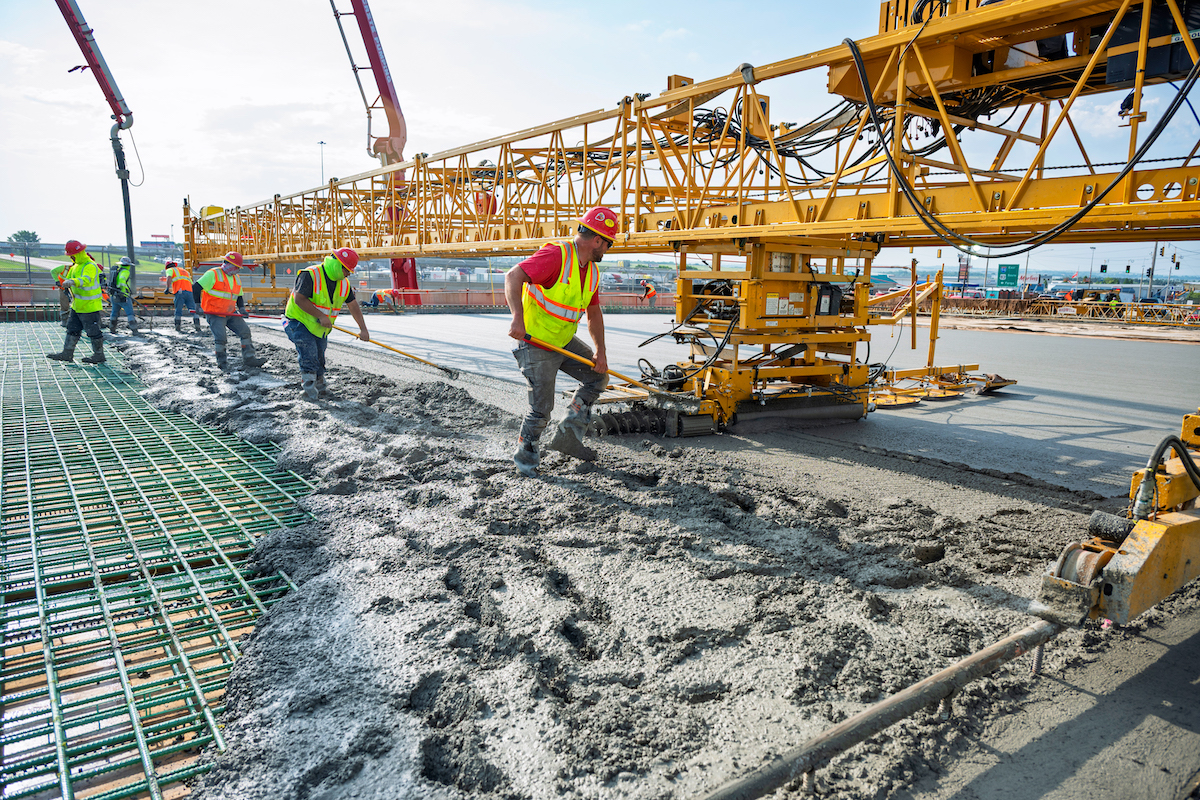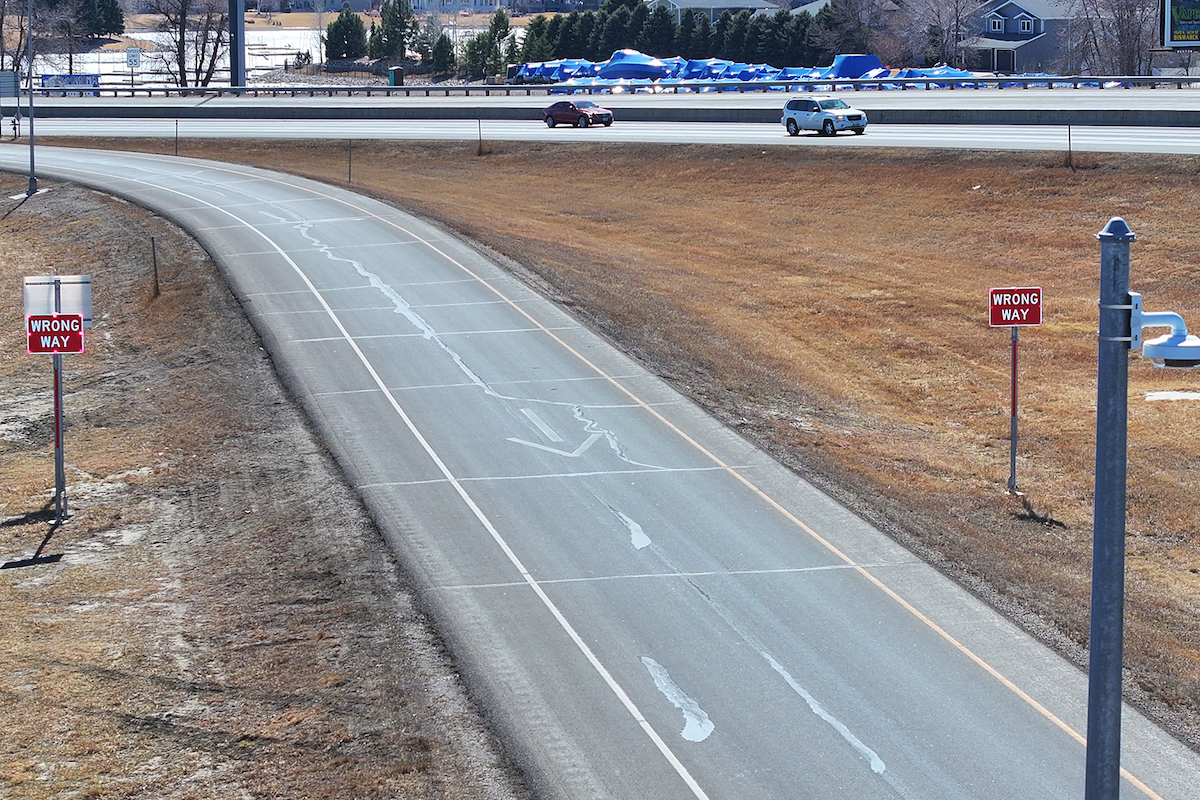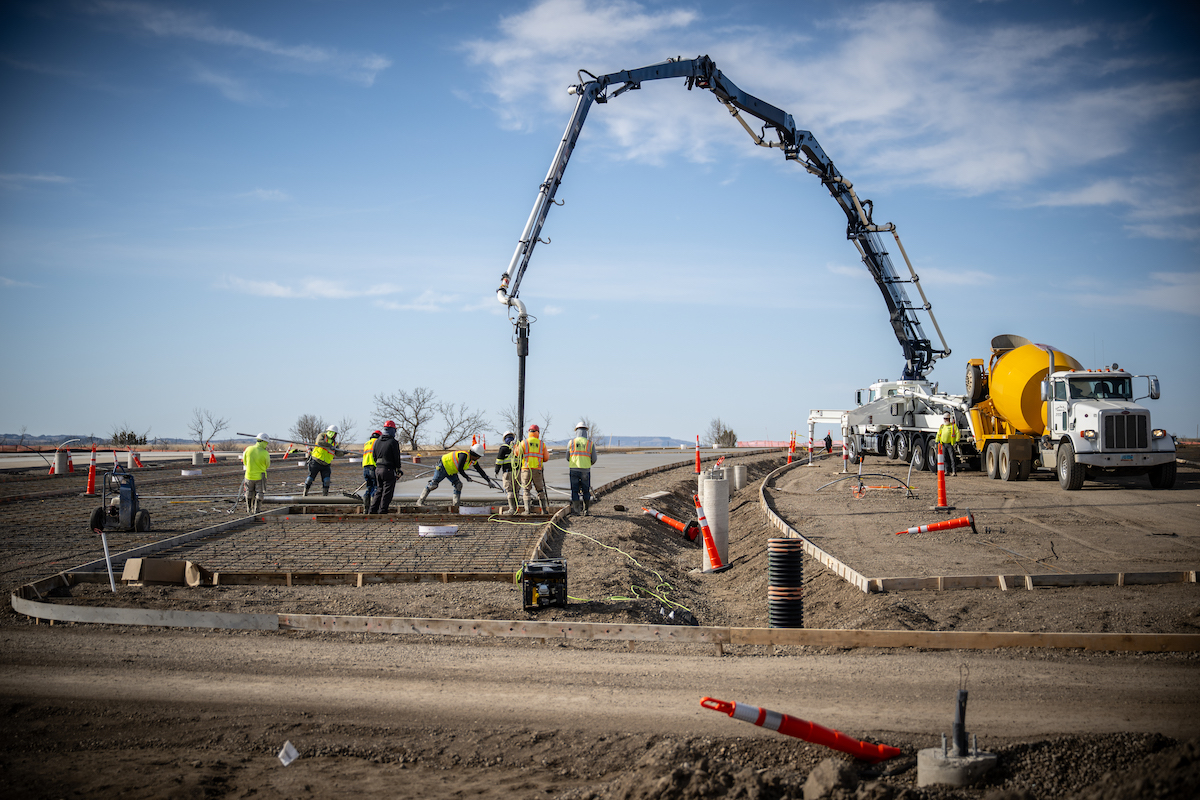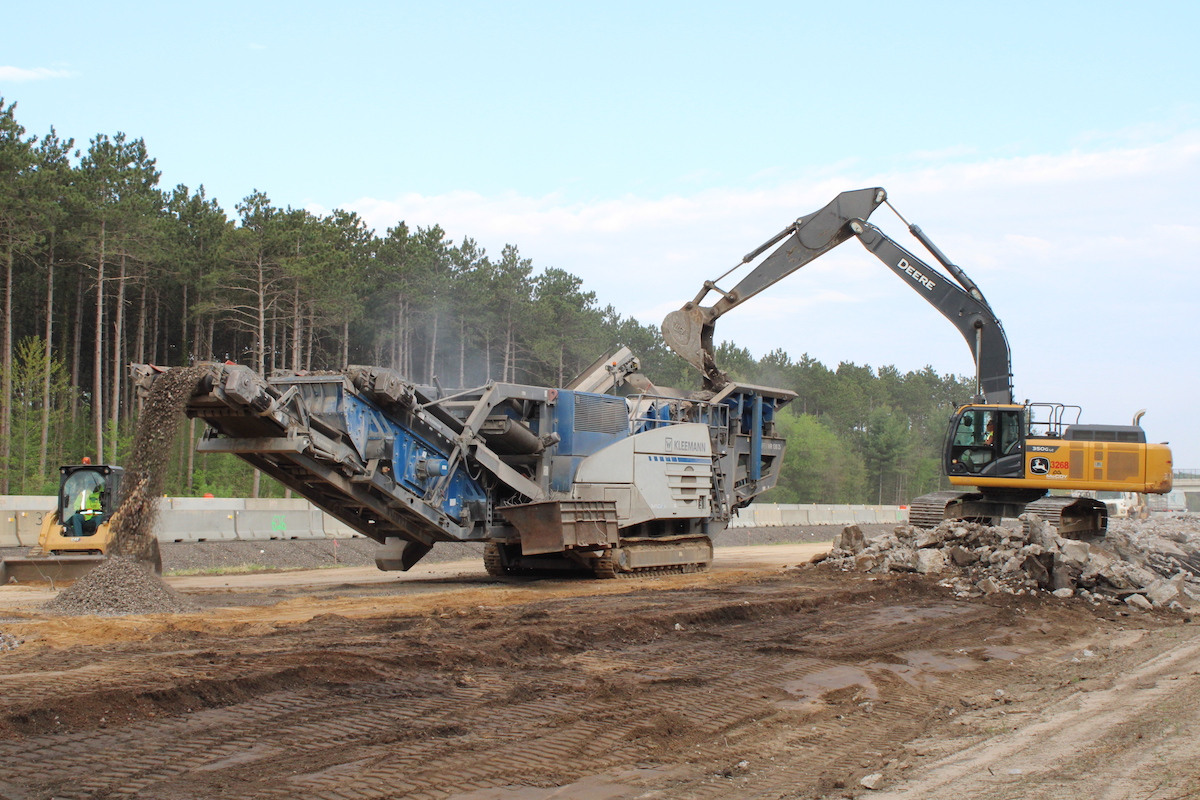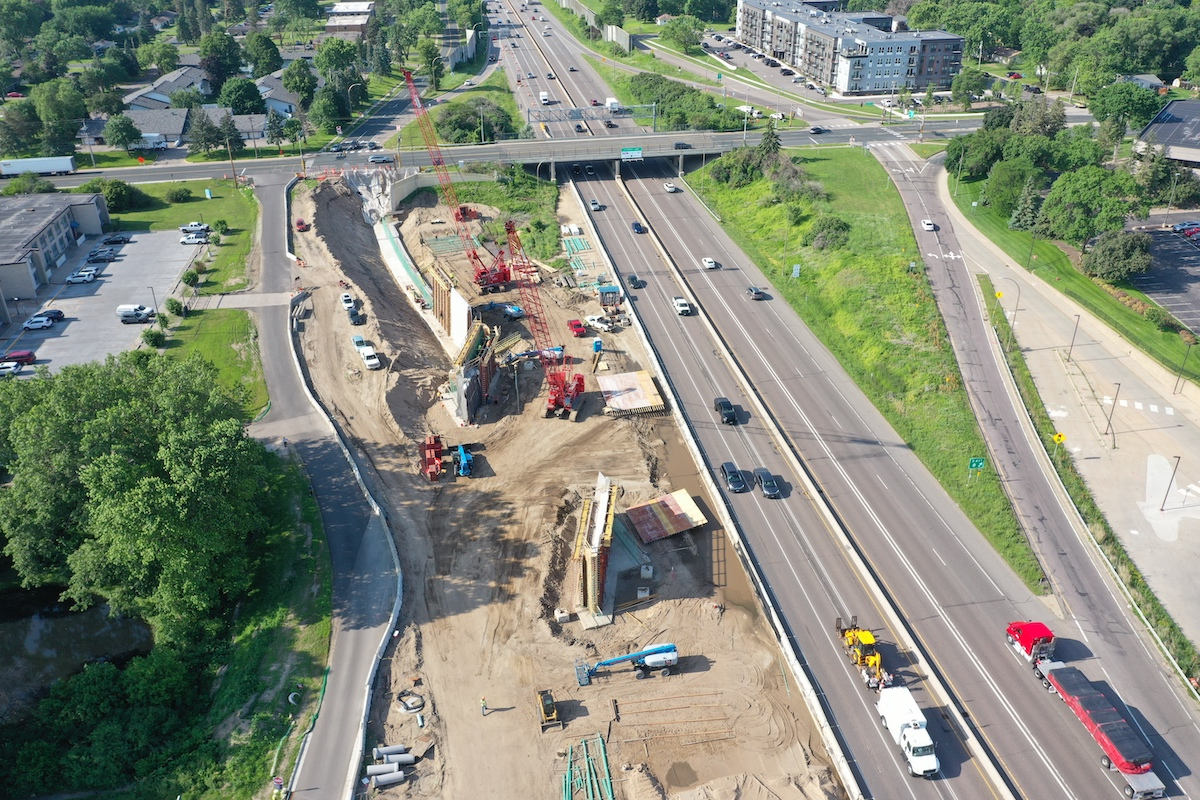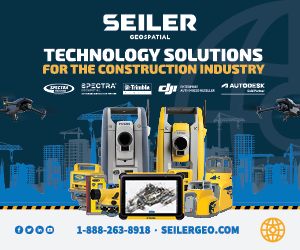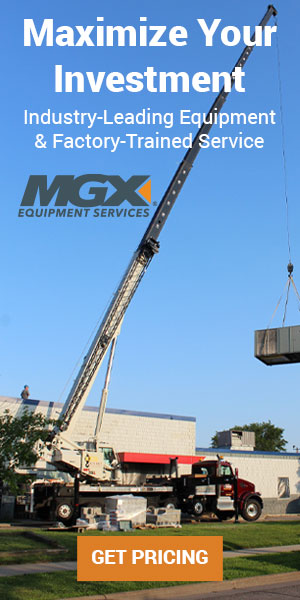The regulating systems offered by Atlas Copco are designed to afford efficient operation and high performance, while helping to avoid any unnecessary running costs for the user. But before we look at the specifics in closer detail, it is vital to clarify that the systems in place for a portable compressor can differ a lot from its stationary counterpart.
For mobile compressors however, the requirements greatly differ. They typically feed a single application, have one user, and a much smaller buffer compared to the stationary application. Mobile machines can have an extremely varied demand in air, and therefore require regulating systems that can cope with such variations.
The VSD technology uses a combination of two regulation parameters. First is speed regulation, which is the most efficient means to control air demand. Second is “throttling” – closing the air inlet of the compressor element – which is less efficient. Atlas Copco VSD compressors always prioritise speed regulation and only use “throttling” when it is no longer possible to go down in engine or electric motor speed in order to adjust the final percentage of required capacity.
Fixed speed compressors, on the other hand, are incapable of adjusting their speed. They can only operate at full capacity and are obliged to control air demand via the inefficient “throttling” process. Using this type for operations where demand for compressed air fluctuates will lead to a significant amount of energy being consumed and wasted when compared to a VSD machine.

| Your local Komatsu America Corp dealer |
|---|
| Road Machinery and Supplies Company |
“Fixed speed may be suitable for applications where demand variation is minimal, but this is most often not the case with mobile compressors,” said Guy Laps, Technology and Innovation Manager at Atlas Copco. “Being able to match the speed of the mobile machine’s element with the required flow is vital. Atlas Copco was first to offer this ability in portable compressors, and to this day our VSD technology continues to offer unparalleled efficiency, unmatched reliability, and future-proof connectivity.”
A stable, fast acting regulating system that is designed to handle transients is therefore critical to avoiding pressure drops and overshoots.
“Atlas Copco’s expertly designed mechanical and electronic speed regulation systems, AirXpert and Pace technology, make it possible for the operator to define the pressure while the machine automatically regulates the flow,” said Laps. “These innovative technologies will stop fluctuations in their tracks, resulting in a stable and highly efficient compressed air output.”
Ultimately, an efficient, versatile, and reliable regulation system works wonders in mobile compressor applications. They help save energy, lowers noise, and avoids unnecessary running costs – ensuring the user can get the most out of their compressor and project.













